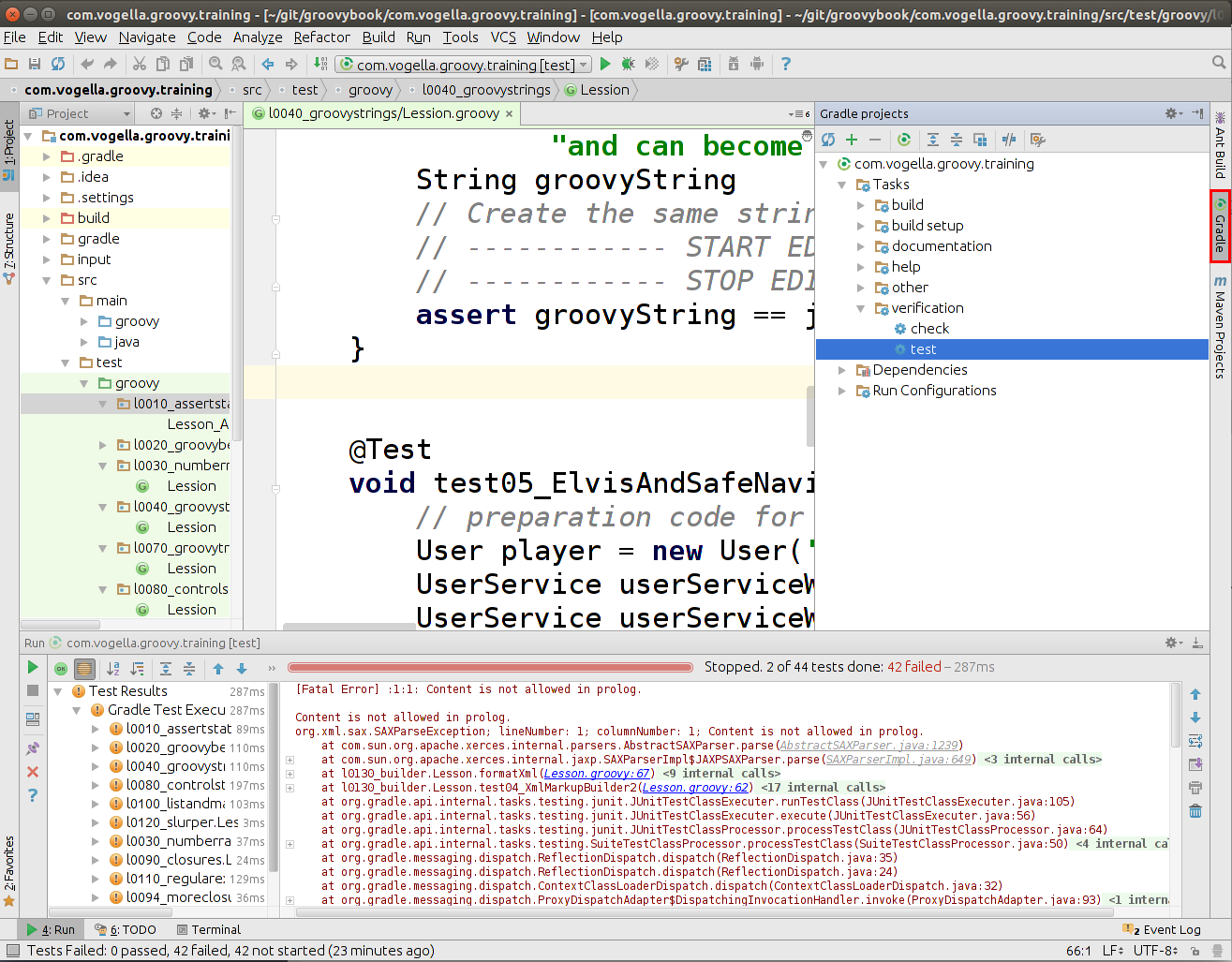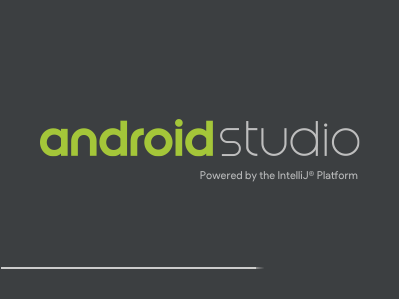

- #How to migrate to gradle in android studio 3.0.1 update#
- #How to migrate to gradle in android studio 3.0.1 upgrade#
- #How to migrate to gradle in android studio 3.0.1 code#
This can help you share more native code without being limited by platform-specific dependencies.īy enabling the hierarchical structure along with its ability to use platform-dependent libraries in shared source sets, you can eliminate the need to use certain workarounds to get IDE support for sharing source sets among several native targets, for example iosArm64 and iosX64: You can use platform-dependent libraries, such as Foundation, UIKit, and posix in source sets shared among several native targets. With the new hierarchical project structure support, you can share code among several targets in a multiplatform project. Instead, use the library root artifact name, which in the example above is kotlinx-coroutines-core. Implementation(":kotlinx-coroutines-core:$coroutinesVersion")ĭon’t use kotlinx library artifact names with suffixes -common or -native, as they are no longer supported. With these features, you can make your Gradle build file much more concise and easy to read: The version of the automatically added standard library will be the same as the version of the Kotlin Gradle plugin, since they have the same versioning. Starting from 1.4.0, you also no longer need to declare a dependency on stdlib in each source set manually – it will now be added by default. If you use libraries published with metadata, you only have to specify dependencies on them only once in the shared source set, as opposed to specifying dependencies on different variants of the same library in the shared and platform-specific source sets prior to 1.4.0.
#How to migrate to gradle in android studio 3.0.1 update#
Thus, once you update to such a version, you can remove enableFeaturePreview("GRADLE_METADATA") from the project’s adle file. In Gradle 6.0 and above, module metadata is used in dependency resolution and included in publications by default. Gradle module metadata provides rich publishing and dependency resolution features that are used in Kotlin Multiplatform Projects. See the Gradle documentation for non-Kotlin-specific migration instructions.
#How to migrate to gradle in android studio 3.0.1 upgrade#
Make sure that your projects use the proper version of Gradle and upgrade it if needed. Starting with 1.4.0, Kotlin multiplatform projects require Gradle 6.0 or later. For multiplatform project authors Update Gradle This guide will help you migrate your multiplatform projects to 1.4.0 or higher and get the benefits of all its new features.

Some of them just work out of the box on existing projects, and some require additional configuration steps. Kotlin 1.4.0 comes with lots of features and improvements in the tooling for multiplatform programming.

Migrating multiplatform projects to Kotlin 1.4.0


 0 kommentar(er)
0 kommentar(er)
